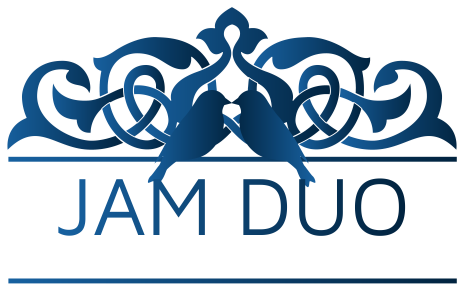Among the plethora of musical instruments, the piano stands out for its versatility, elegance, and ability to evoke a myriad of emotions. This essay delves into the influence of the piano at weddings, exploring its historical significance, its role in setting the tone, and its impact on the overall wedding experience.
Historical Significance of Piano at Weddings:
The association of the piano with weddings traces back centuries, rooted in its historical significance as a symbol of sophistication, romance, and refinement. During the Victorian era, when elaborate ceremonies became popular, the piano emerged as a staple element of wedding music, both during the ceremony and the reception.
Its ability to produce a wide range of sounds and its capacity to accompany various instruments and vocalists made it indispensable in the orchestration of wedding music. Moreover, the piano’s presence in grand ballrooms and elegant venues further elevated its status as a quintessential component of weddings among the upper echelons of society.
Setting the Tone:
The piano’s influence at weddings extends beyond its historical significance; it plays a crucial role in setting the tone and ambiance of the ceremony. From the solemnity of the processional to the jubilant notes of the recessional, the piano guides the emotional journey of the attendees, reflecting the essence of the occasion.
During the ceremony, soft melodies performed on the piano create an atmosphere of reverence and intimacy, enhancing the solemnity of the vows exchanged between the couple. In contrast, lively compositions during the reception infuse the gathering with energy and joy, encouraging guests to immerse themselves in the celebratory spirit.
Emotional Impact and Symbolism:
Beyond its musical prowess, the piano holds symbolic significance in the context of weddings, embodying themes of harmony, unity, and eternal love. As the couple exchanges their vows, the piano serves as a melodic backdrop, symbolizing the harmony and unity they pledge to each other.
Moreover, the act of sharing a musical experience, whether through a duet or a solo performance, fosters a sense of connection and intimacy among the guests, reinforcing the bonds of friendship and family. In this way, the piano transcends its role as a mere instrument, becoming a vessel through which emotions are expressed and memories are forged.
Enhancing the Wedding Experience:
The influence of the piano at weddings extends beyond its musical contributions; it enhances the overall wedding experience, leaving an indelible impression on the couple and their guests. Through its melodic strains and harmonic resonance, the piano elevates mundane moments into memorable ones, transforming the ordinary into the extraordinary.
Whether it’s the bride’s entrance accompanied by a stirring piano arrangement or the first dance shared by the newlyweds, the piano adds a layer of elegance and sophistication to every aspect of the celebration. Moreover, the versatility of the piano allows it to adapt to various themes and styles, ensuring that it remains a timeless and cherished feature of weddings across cultures and traditions.
Conclusion:
In conclusion, the influence of the piano at weddings is profound and multifaceted, encompassing its historical significance, its role in setting the tone, its emotional impact, and its ability to enhance the overall wedding experience.
As a symbol of romance, unity, and elegance, the piano transcends its musical function, leaving an enduring legacy in the hearts and minds of all who experience its harmonious melodies on this joyous occasion. Thus, the piano remains an indispensable element of weddings, enriching the celebration with its timeless charm and melodic beauty.



